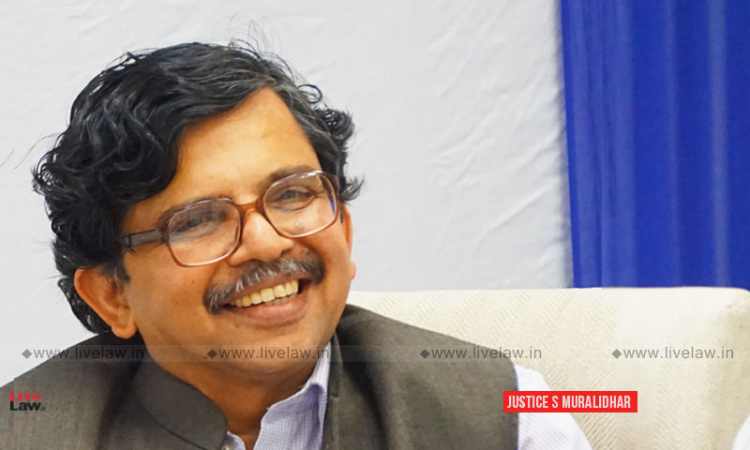Notion That Migrants & Asylum Seekers Have No Rights Must Change : Justice S Muralidhar
Gyanvi Khanna
15 Sept 2023 9:53 PM IST

Next Story
15 Sept 2023 9:53 PM IST
Justice (Retd.) S. Muralidhar, while delivering the keynote address on the topic “Opening Doors to Justice: Prevention of Violence Against Migrant Women” stated that illegal migrants and asylum seeker are the right bearers and stated that the notion that these people have no rights must change. Further, with respect to Article 21 of the Indian Constitution, he noted that the same...
